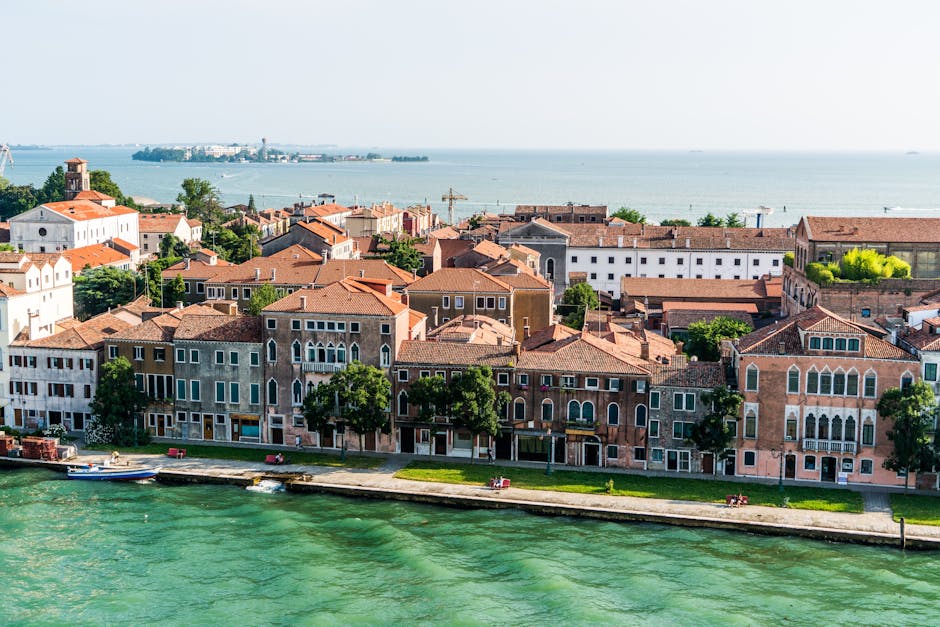When it comes to comfort and efficiency in Southwest Florida homes, the debate between using a tankless water heater and a traditional model is heating up. With the climate and water usage patterns unique to this region, making the right choice can significantly impact your utility bills and environmental footprint.
Understanding Tankless Water Heaters
Tankless water heaters, often referred to as on-demand water heaters, provide hot water only as it’s needed. This approach eliminates the need for a large storage tank, substantially reducing energy consumption by avoiding the constant heating and reheating of stored water.
They come in various sizes for different residential needs, offering the flexibility to be installed in more compact spaces throughout the home. This quality makes them especially appealing for homes in Southwest Florida, where efficiency and space savings are valued.
The Traditional Water Heater: Pros and Cons
Traditional water heaters, with their familiar large tanks, are known for their simplicity and ability to supply a steady volume of hot water. They are typically less expensive up front and easier to install than their tankless counterparts, which can be attractive to homeowners weighing initial costs.
However, they can fall short in energy efficiency. The stored water must be kept hot at all times, leading to higher energy expenditure. Furthermore, once the hot water in the tank is depleted, there is a wait time for more water to heat up, which can be a drawback for larger households.
For Southwest Florida homes, this may not align well with the region’s growing focus on energy conservation and sustainability, marking a significant consideration in the tank vs. tankless debate.
Factors to Consider for Southwest Florida Homes
When deciding between a tankless or traditional water heater in Southwest Florida, several factors come into play. The climate and average water temperature can affect the efficiency of heating water, and the region’s particular energy rates may make one option more cost-effective over time.
Water quality in Southwest Florida can also influence your decision. Hard water can shorten the lifespan of tankless units unless properly treated, while traditional tanks might accumulate sediment faster, necessitating more frequent maintenance.
Lastly, considering the home’s size and hot water needs is crucial. Larger families might benefit more from the continuous supply offered by tankless models, while smaller households or those with lower hot water usage might find traditional heaters perfectly adequate.
Making the Right Choice: Tankless vs. Traditional
Ultimately, the choice between a tankless and a traditional water heater for Southwest Florida homes depends on individual preferences, lifestyle, and long-term budget considerations. While tankless units offer significant energy savings and endless hot water, they come with a higher initial cost and may require more extensive installation procedures.
Traditional water heaters, on the other hand, have a lower upfront cost and are simpler to install but may cost more in the long run due to lower energy efficiency. They are well-suited for those prioritizing immediate cost savings over long-term efficiency.
For those in Southwest Florida looking to balance environmental considerations with cost and convenience, evaluating both options in light of their household’s specific needs will lead to the best decision for their home’s hot water heating solution.
Selecting the best water heater for your Southwest Florida home boils down to understanding your household’s specific needs and priorities. Whether you value endless hot water, energy efficiency, or the traditional reliability of a tank heater, your decision will shape your home’s comfort and cost-efficiency for years to come.

